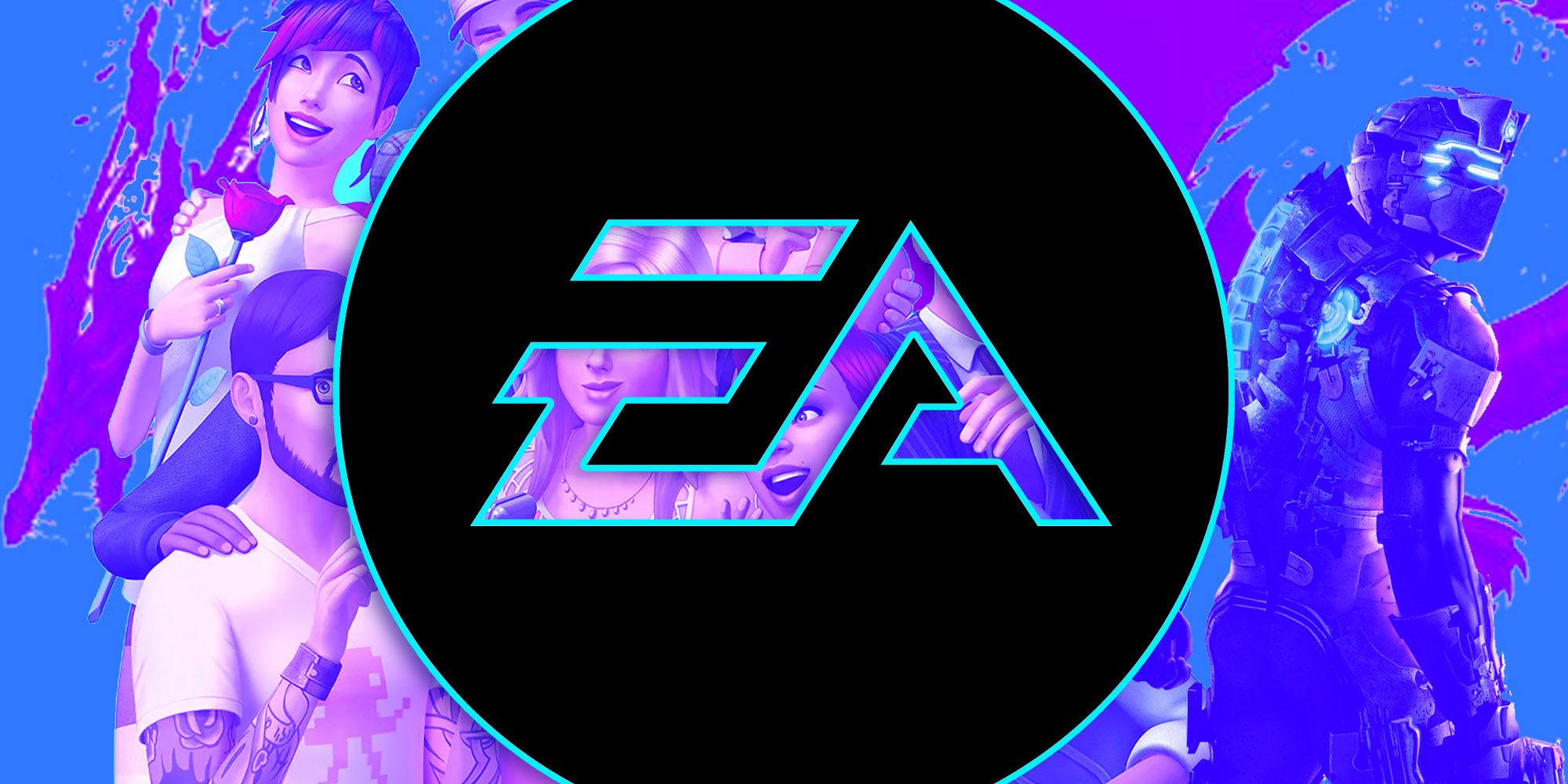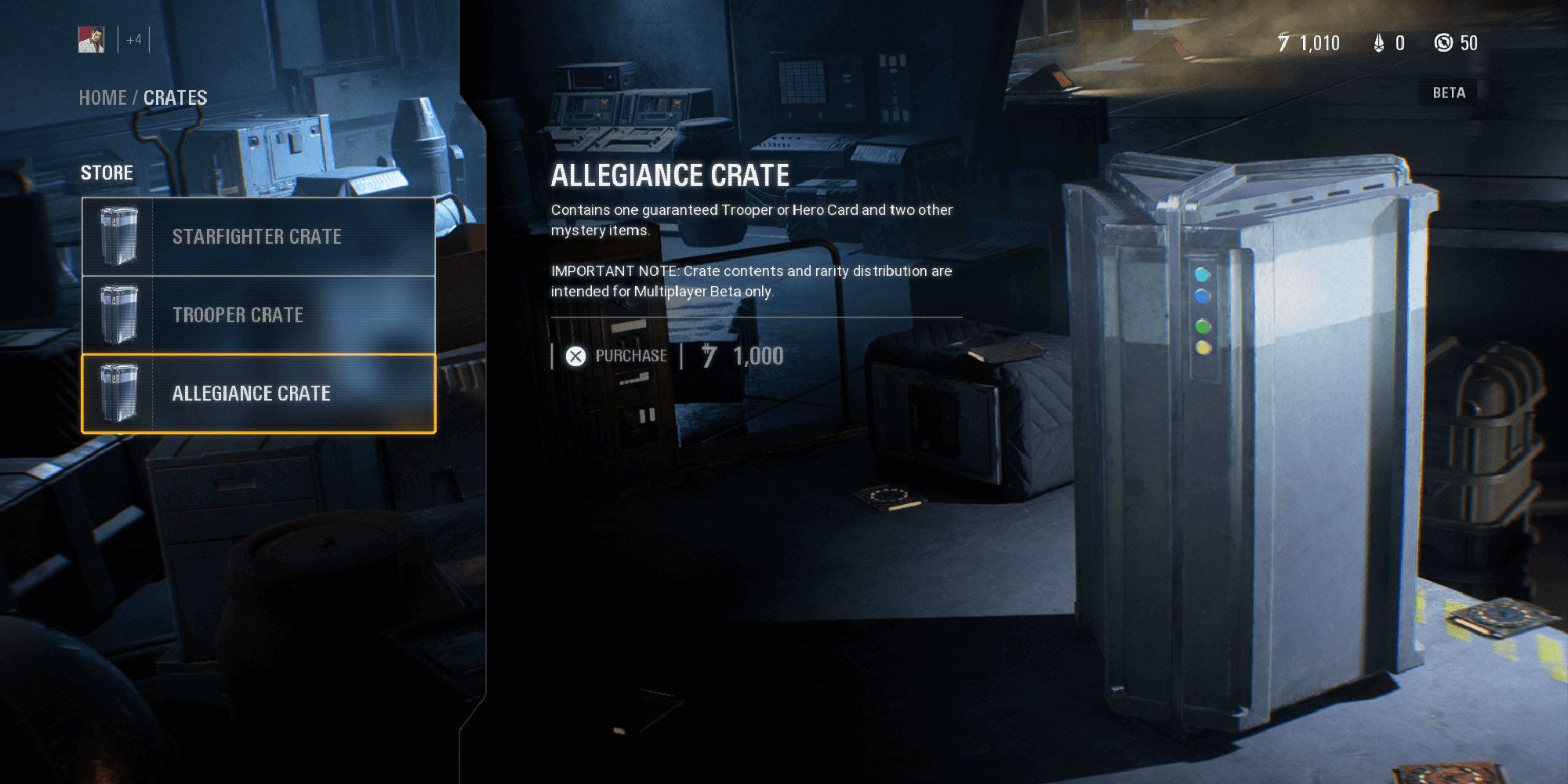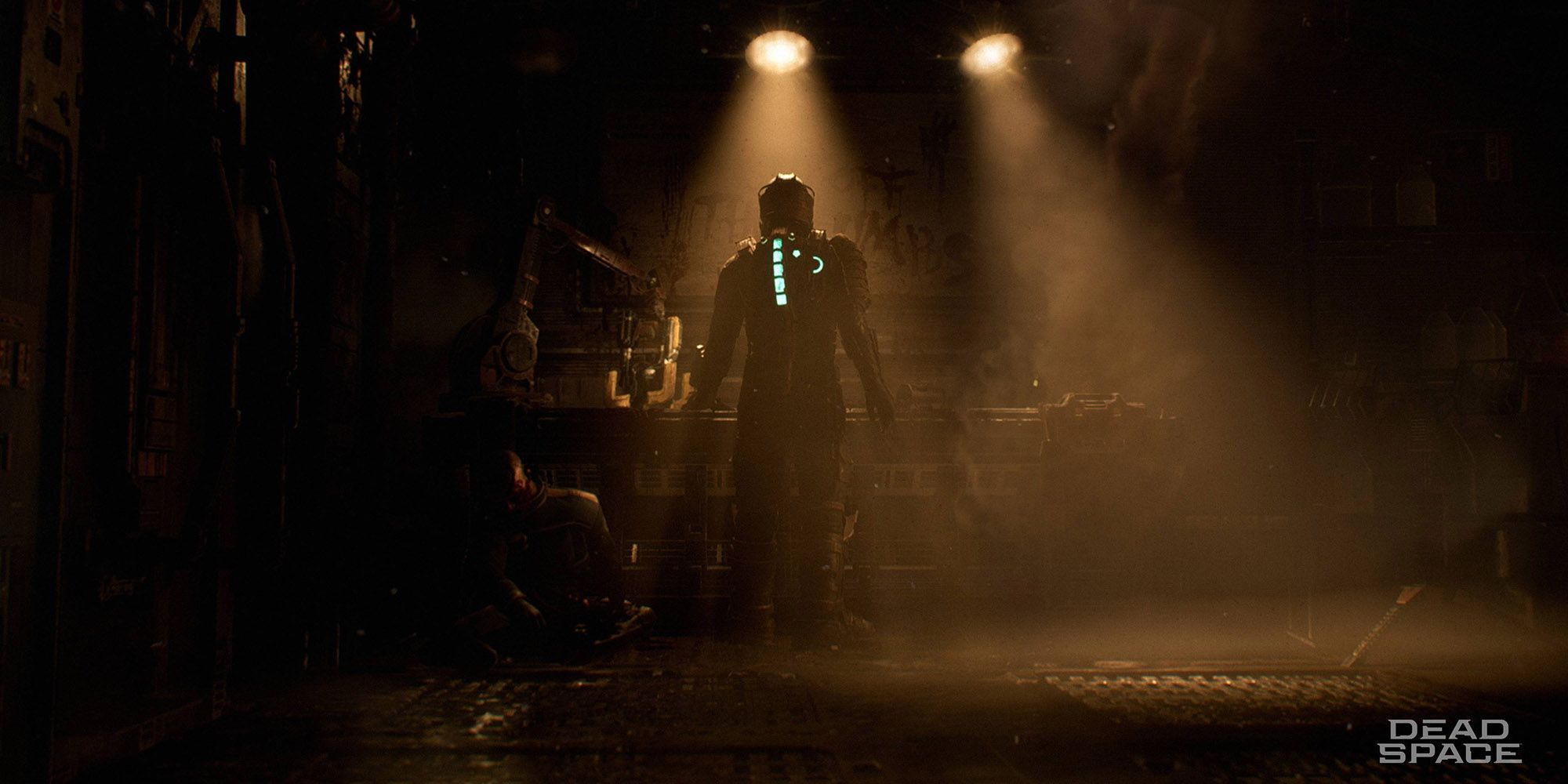For years now, EA has been seen as one of the worst video game companies for a number of reasons: destroying popular franchises, forcing everything online, a tendency towards microtransactions, and the list goes on and on. The company's practices have earned them quite a bad reputation despite them holding onto some incredibly popular IPs like Dead Space and Dragon Age. However, a recent interview with GamesIndustry.biz shows that EA may be looking to turn things around with some company restructuring.
In most big gaming companies, the decisions come from the top and the people on the business end of things analyze the numbers. Sometimes, this leads to poor decisions when it comes to development, such as making a game's mechanics revolve around monetization or a tiresome play loop to keep gamers playing as much as possible to achieve high player counts. As of last year, EA made communication between the studios, the developers, and the CEO more open to attempt to bridge this gap between the business and creative sides. It sounds like a good idea on paper, but is it enough?
The idea is to get a better feel for what developers and studios want to work on, how they want to make their games, and how this can all be implemented successfully. It's a method of conversing rather than demanding popular IPs be pumped out and forcing games as a service upon developers and the public. The latter tactics haven't been working out well for EA, as many franchises have lost their personality and new games tend to feel hollow. Anthem is a great example of this. It was to be an epic multiplayer experience with a great story and a huge world, which ended up feeling like an unfinished adventure lacking multiplayer content, done in favor of setting up monetization and live service systems.
Franchises have suffered the most as many started with a bang, leaving big impressions on gamers, but then declined in popularity when acquired by EA. One example of this is Dead Space. Once EA bought Visceral Games, Dead Space began to change and lose its identity. By the third game, it had monetization and changes to include mechanics from popular shooters at the time like Gears of War -- things that don't fit well into a horror game. It disappointed many fans and wasn't received as well as previous games, ultimately leading to the dissolution of Visceral Games, a studio with a great record prior to its acquisition. It took years for EA to greenlight anything with the Dead Space name and Motive studios is clearly excited to be working on the remake.
The passion Motive has for Dead Space is exactly what leads to a great game. When people love what they're working on, that love shows in the work. This new open line of communication may foster more of this feeling from EA's other studios and lead to more passion projects and higher quality games than we've seen over the last few years from them. Giving studios more of a voice in how they want to approach projects should improve the quality of games overall. More focus on gameplay systems than online modes is a step in the right direction. However, it may not solve everything.
Studios may have more of a say now, but that doesn't change the business models for games for which EA is notorious. EA leans heavily on microtransactions and loot boxes to continue making profits on games already released. An RPG may make money on its initial release, but an RPG with purchasable resources or skins will continue making money in the long run. Forcing online modes and monetization into games may be something the company refuses to budge on, so while developers will get to work more on what they want, there may still be quality issues. Still, it's a step forward, especially for a company that has fallen so far from its original intentions of being about the talent and curating video games as art.



